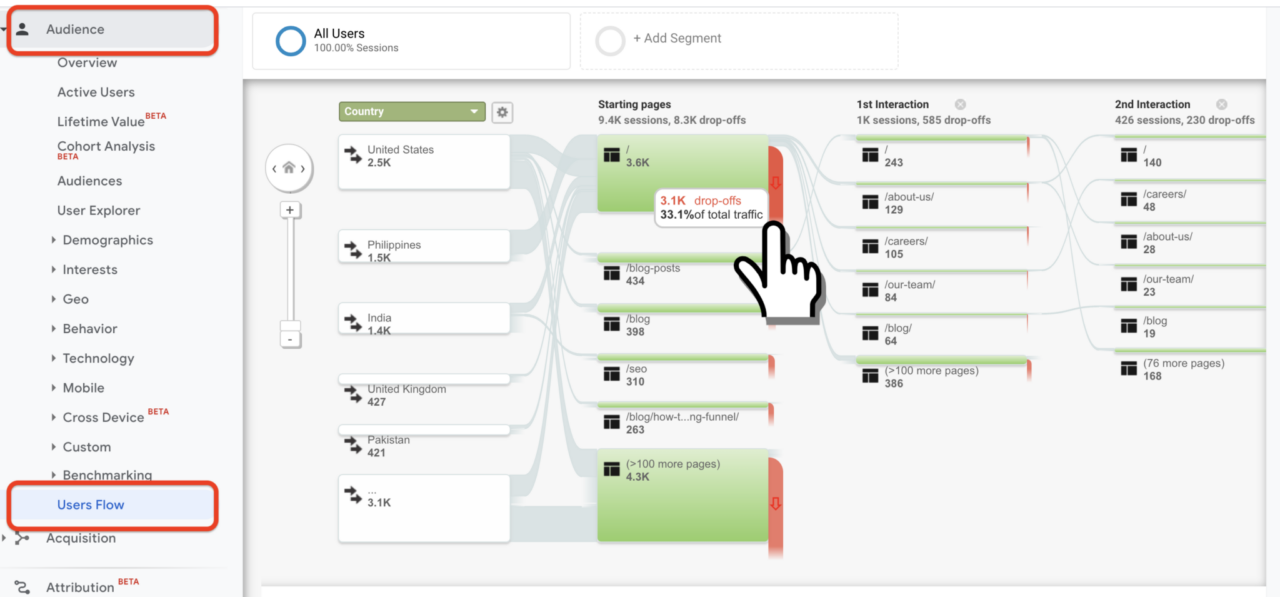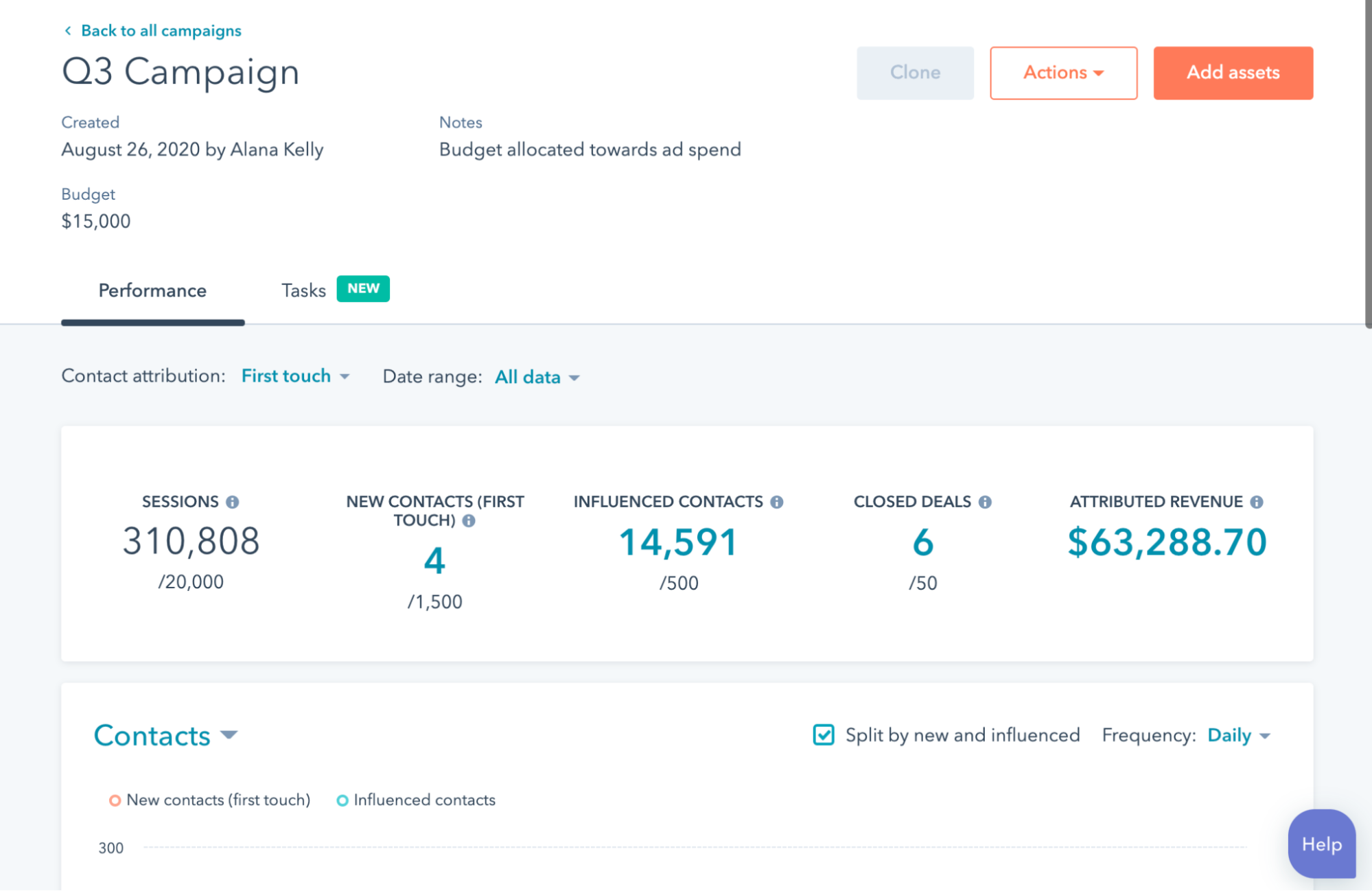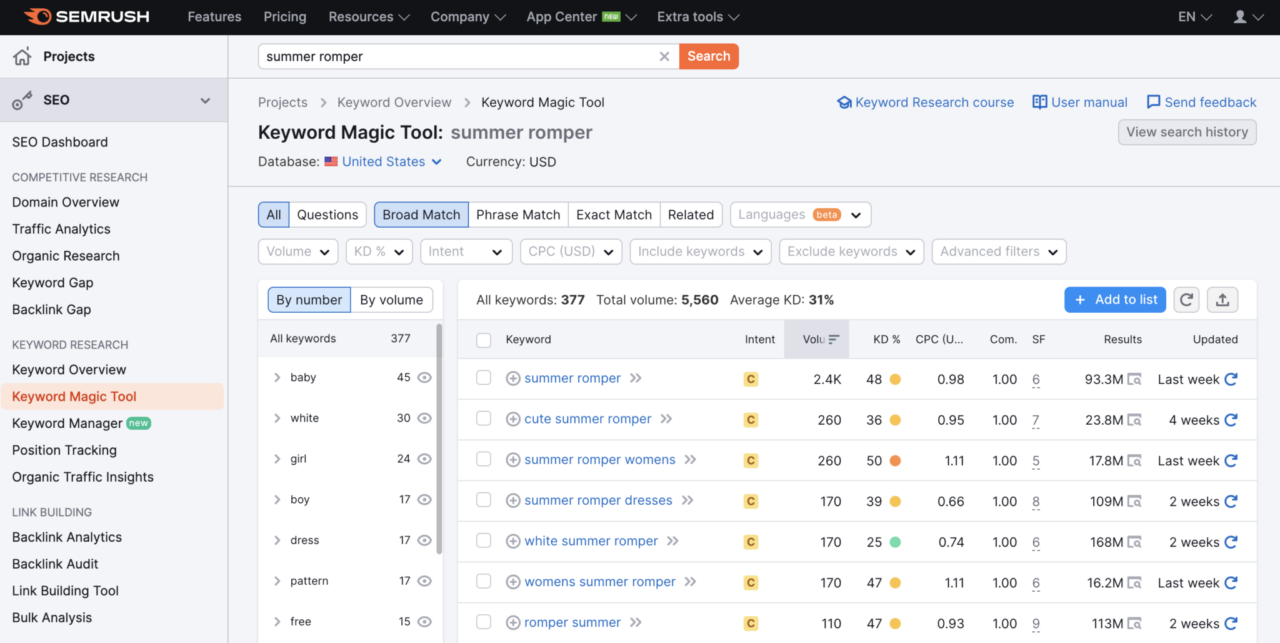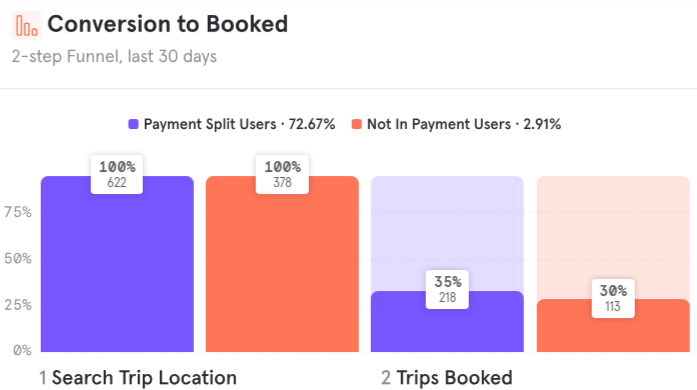In today’s marketing world, you ought to be constantly seeking ways to grow your brand’s digital footprint. With how trackable everything online has become, it’s not difficult to amass data that you can use to drive decisions.
Not only is it not difficult, but it’s vitally important that you do so.
In this post, we’ll delve into the world of data-driven marketing, exploring its strategies, benefits and successful implementation. Whether you’re a business owner, marketer or enthusiast, get ready to unearth the potential of data-driven marketing to propel your brand to new heights!
We can count on them to bring new ideas to the table consistently
What Is Data-Driven Marketing?
Data-driven marketing is an approach that relies on the analysis and interpretation of data to make informed and strategic decisions. It involves collecting and utilizing various data points, such as customer demographics, behavior, and purchase history, to understand consumer patterns and preferences.
Gone are the days of relying solely on gut feelings and hunches; today’s marketers dive deep into their data to discern valuable insights and use them to make actionable steps for future plans.
Data-driven decisions hinge on hard facts that can’t be disputed. They are devoid of bias and anecdotal intuition. They are simply reactions to consumer behavior and can help marketers understand which choices lead to which outcomes.
Moreover, marketers can use marketing data from campaigns to influence future decisions and drive the iterative process.
Benefits of Data-Driven Marketing
Embracing data-driven marketing offers an array of benefits that can drive your business’s success, including:
- Enhanced Customer Understanding: When you look closely at marketing metrics, you gain a deeper understanding of your customers, their pain points and desires. This knowledge enables you to tailor your marketing messages precisely, forging meaningful connections with your target audience.
- Improved Campaign Effectiveness: Data-driven marketing ensures that your campaigns are not shot in the dark. Instead, they are backed by real insights, leading to higher engagement rates, improved conversion rates, and ultimately, a healthier ROI.
- Personalization at Scale: Personalization is no longer reserved for one-on-one interactions. With data-driven marketing, you can scale personalized experiences for a broader audience, fostering customer loyalty and satisfaction.
- Agility and Adaptability: In the dynamic world of marketing, trends and preferences shift rapidly. Data-driven marketing equips you with the agility to adapt swiftly, keeping your brand at the forefront of your industry.
Data-Driven Marketing Strategies and Techniques
With any subtype of digital marketing today, practically every application of marketing should be trackable. With that said, it’s vital that you know how to leverage the data you accumulate and use it to guide your decisions.
Here are a few powerful data-driven marketing strategies and techniques that can elevate your marketing game:
- Customer Segmentation: Divide your customer base into distinct segments based on shared characteristics. This enables you to tailor marketing efforts for each group, addressing their unique needs effectively.
- Content Marketing with Data Insights: Create content that is driven by data insights. Conduct research to identify topics and formats that resonate most with your audience, ensuring that your content efforts are well-targeted and impactful.
- A/B Testing: Experimentation is a key component of data-driven marketing. Utilize A/B testing to compare different versions of marketing elements (e.g., emails, landing pages) and determine which ones perform best.
- Automated Email Marketing: Implement automated email marketing campaigns that trigger based on specific user actions or behaviors. This enhances customer engagement and nurtures leads through personalized communication.
Data-Driven Marketing Analytics and Tools
To effectively implement data-driven marketing, it’s crucial to have the right analytics tools at your disposal. Here are some popular tools that can streamline your data analysis process:
Google Analytics
Google Analytics is an ever-present, indispensable tool for modern marketers seeking to understand their website’s performance and user behavior:

With its comprehensive suite of features, this platform provides valuable insights that are vital for crafting successful marketing strategies. Through Google Analytics, you can effortlessly track website traffic (to the point of traffic drop-off), monitor user interactions, and assess conversion rates, allowing you to make informed decisions based on data-driven analysis:

HubSpot
HubSpot stands tall as an all-in-one marketing automation platform that streamlines and enhances every aspect of your marketing efforts.
With HubSpot at your side, data-driven marketing becomes a breeze, as it empowers you to nurture leads effectively, engage with your audience through personalized email campaigns, and manage customer relationships with ease.

Semrush
As a powerful SEO tool, Semrush is an invaluable asset for optimizing your website’s performance.
Conducting in-depth website analysis and keyword research, Semrush reveals valuable insights that can be used to improve your search engine rankings. Moreover, it offers a glimpse into your competitors’ marketing strategies, allowing you to stay one step ahead in the competitive digital landscape.

Mixpanel
Focused on mobile and web analytics, Mixpanel is a specialized tool that helps you track user actions and behavior within your application.
Armed with real-time data, Mixpanel provides actionable insights that allow you to optimize your app for enhanced user experiences. By understanding how users interact with your application, you can implement strategic improvements that drive greater user satisfaction and boost retention rates.

Data-Driven Marketing Success Stories
Now that we’ve covered strategies and tools, let’s draw inspiration from some data-driven marketing success stories:
Spotify’s Personalized Playlists
Spotify, a popular music streaming platform, leverages data analysis to understand each user’s listening preferences. They track the songs users listen to, the artists they follow, and the playlists they create:

By analyzing this data, Spotify’s algorithm generates personalized playlists for each user, such as “Discover Weekly” and “Daily Mixes.” This approach not only keeps users engaged by providing them with a tailored music experience but also helps Spotify build a loyal user base, as people feel more connected to the platform through the personalized content it offers.
Amazon’s Product Recommendations
Amazon, the e-commerce giant, is renowned for its data-driven approach to product recommendations. They analyze customer browsing and purchase history to understand individual preferences and behaviors. Based on this data, Amazon’s recommendation engine suggests products that are highly relevant to each customer’s interests:

This strategy not only enhances the overall shopping experience for customers but also significantly contributes to Amazon’s revenue. The personalized product recommendations lead to increased cross-selling and upselling opportunities, resulting in higher customer satisfaction and loyalty.
Netflix’s Content Curation
Netflix, a leading streaming service, relies heavily on data analytics to curate content for its users. They gather data on viewing habits, including which movies or shows users watch, pause, rewind, or abandon. By analyzing this data, Netflix predicts user preferences and recommends content that aligns with individual tastes:

As a result, users are more likely to stay engaged and continue using the platform, which leads to longer user retention and increased customer satisfaction. The data-driven content curation has played a pivotal role in Netflix’s success as a dominant player in the streaming industry.
Implementing Data-Driven Marketing: Tips for Success
Implementing data-driven marketing might seem overwhelming at first, so here are a couple of tips to guide you on the path to success:
- Data Quality Matters: Ensure the accuracy and reliability of your data by investing in data quality management tools, like Trifacta, Informatica and Talend, and processes.
- Start Small, Scale Smart: Begin with a focused approach, and gradually expand your data-driven marketing efforts as you gain confidence and insights.
- Embrace Continuous Learning: Stay updated with the latest trends and best practices in data-driven marketing to stay ahead in the game. Good resources are marketing and data analytics blogs, industry reports and research papers, and webinars and online conferences.
Last Thoughts on Data-Driven Marketing
Data is the fulcrum of any modern digital marketing strategy. It’s vital that you frequently review the data that you assemble and use it to guide your thought process for future projects.
The results you generate can help you see what actions work and which ones do not. It’s an integral part of performance marketing that is built on solid information to dictate the flow of decisions.
We hope that this article has helped you realize the importance of your own data and how to use it to its maximum potential. You’ll quickly learn that decisions based on numeric information will be a lot more effective as opposed to “firing the hip” with experiments born of gut feeling.
At the end of the day, you ought to invest in ways that help you understand your own data and leverage it to grow revenue-generating endeavors. Good luck!
If you’re ready to level up your business with data, Single Grain’s data-driven growth experts can help!👇
Repurposed from our Marketing School podcast.
Data-Driven Marketing FAQs
-
What is a data-driven marketing strategy?
A data driven strategy uses customer data to optimize marketing campaigns. It relies on analyzing and interpreting demographic data, customer interactions, behavior, and other relevant information to tailor the marketing approach so that it resonates with the target audience.
This approach enhances the effectiveness of marketing efforts by aligning them closely with the customer journey.
-
What is data based marketing?
Data-based marketing involves using specific, often quantitative, information about customers to guide marketing decisions. This customer data can include preferences, buying habits, and demographic data. Data driven marketers leverage this information to create more targeted, efficient, and effective marketing campaigns, ensuring that they reach the right target audience with the right message.
-
What is an example of data driven content marketing?
An example of data-driven content marketing could be a company analyzing their customer data to identify popular topics among their target audience. They then create blog posts, videos, or social media content specifically tailored to these interests.
For instance, a fitness brand might use demographic data collection and customer journey insights to create targeted workout guides for different age groups.
-
What are the 3 types of data marketing?
- Descriptive Data Marketing: Focuses on understanding the demographic and psychographic characteristics of the audience. It uses demographic customer data to paint a picture of the buyer persona.
- Predictive Data Marketing: Involves analyzing past trends and customer behaviors to predict future actions and guide marketing decisions for future campaigns.
- Prescriptive Data Marketing: Uses insights from customer data to recommend specific actions. This often involves data driven marketing tools to optimize real-time decisions, like personalizing offers to customers based on their past interactions and preferences.


